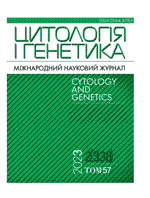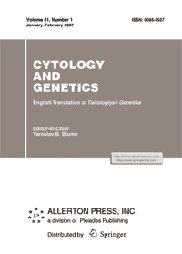Phytophthora capsici is the most destructive pathogen of vegetables that has blown a serious threat to chili pepper plants. We discussed the control of Phytophthora capsici through manipulation of genetic architecture of chili plant. Various genes encoding transcriptional regulatory and defense related putative proteins such as pathogenrelated protein (PR), AntiMicrobial peptides (AMPs), Polygalacturonaseinhibiting proteins (PGIPs), Lipid Transfer Protein (LTP), Pectin Methylesterase (PME), Leucinerich repeat proteins (LRRs), Osmotinlike and Thaumatinlike protein, have been identified in Capsicum. We also discussed the enhanced resistance to P. capsici infection by treatment with a variety of abiotic and biotic inducers that act on defense signaling pathways involved in disease resistance. We highlighted the vulnerability of chili crop with reference to its genetic resources against Phytophthora blight. Disease control through chemicals is becoming problematic, so we proposed other ways to control the disease severity.
Keywords: Capsicum annuum, Phytophthora capsici, transcriptional regulatory proteins, genetic resources, biotic and abiotic inducers

